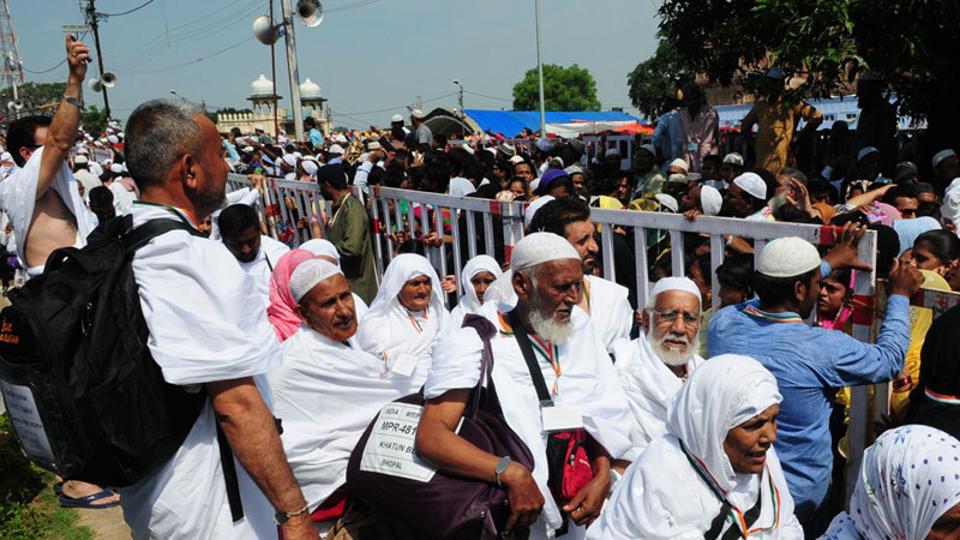Walking the talk on certain issues like not falling for appeasement politics is a tough task, particularly for a man which was publicized as anti-Muslim by certain section of media who were hell-bent on keeping him out of power. PM Modi and his government came with a perceived notion of being anti-minority.
But the PM Modi has done it again. After successfully championing the cause of Muslim Women in cases like ‘Triple Talaq’, his government has done away with Haj Subsidy and promised to use it for the education of minorities, particularly of women from the community.
Subsidized pilgrimage to Mecca in Saudi Arabia became a practice in the pre-independent India when the British introduced the Port Haj Committees Act in 13932. It underwent several changes but there have always been murmurs against it, both on financial and religious grounds. In 2012, a Supreme Court order directed the Haj subsidy to be gradually phased out in the coming ten years. And now a Central Haj Committee meeting has decided to do away with the subsidy by the following year.
In principle, Haj subsidy is nothing more than discounted airfares given by the government-owned airlines, Air India. The subsidy further aids the pilgrims by assisting them with domestic travel to reach specially designed Haj departure airport terminals, lodging, medical care and meal. Initially the practice involved, giving subsidized air fares on flights between Bombay and Jeddah. Later, additional flight legs were added to the subsidy list. Post 1984, all the traffic for Haj from India to Saudi Arabia has been shared between the government-owned airlines of India and Saudi Arabia.
In certain quarters it was believed that the subsidy was actually benefitting Air India and not the pilgrims, if so the Muslim community should welcome the decision. Talking about the religious arguments: In 2012, in the ruling, Justice Aftab Alam wrote, “If all the facts were made known, a good many of the pilgrims would not be very comfortable in the knowledge that their Haj is funded to a substantial extent by the government. The Haj subsidy is something best done away with.”
Not only the court even some of the prominent leaders of the community had been vocal against it. After the ruling of 2012, Syed Ahmed Bukhari, the Shahi Imam of Delhi’s Jama Masjid mosque was quoted as saying, “It should be done away with within a year.”
Speaking to the journalists after the decision was reached upon on 16th January 2017, union minister for minority affairs Mukhtar Abbas Naqvi said, that for the first time in independent India, 1.75 lakh pilgrims will go to Haj without a subsidy, a rise from the 1.25 lakh that went for the annual pilgrimage last year. This is part of our policy to empower minorities with dignity and without appeasement.
Separating the state and religion must always be prime on any government’s agenda for the line is thin and detractors many. India was under the Mughal rule for centuries and no matter what the distorted history tells us, enough was done to harm the bonhomie between the two majority communities – means like Jaziya tax were an extension of the state’s policy against the Hindus. In the India of today, the government is trying its best to provide equal opportunities to every community to elevate themselves to a level where they can practice the religion like a private affair that it is. Because religion is a private affair, its individual practices that require one to travel abroad must not be borne by the tax payer of the country. For gatherings that are held inside the country – like during Eid or Kumbh Mela for that matter – that government does spend a lot on security and other arrangements. And that is where the support should end.
While the long-term benefits of scrapping the subsidy will definitely be there, right now it seems like another well-thought welfare move from the government that will go down well with those believe in the politics of development. For others it might just be another pointer to indulge in a mindless debate. For now focus on what’s good and continue to revel at the prospect of better education for Muslim women.
